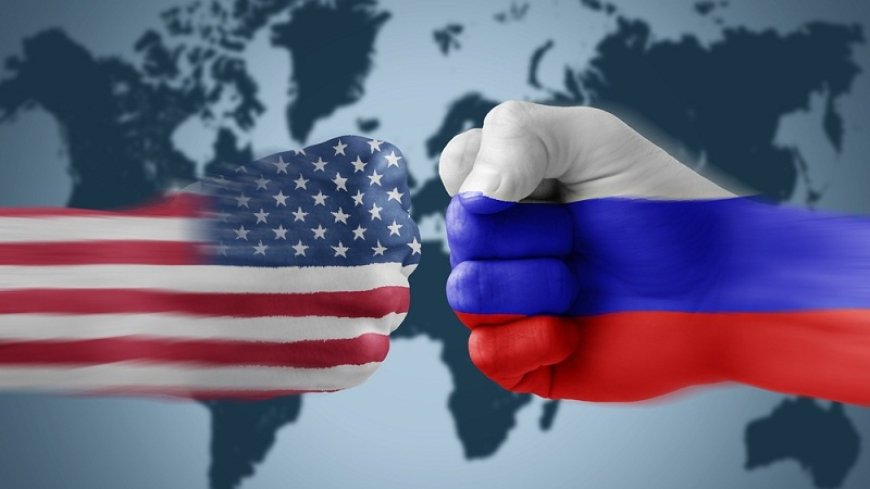Escalating Tensions Between Russia and the US

Tensions between Russia and the United States have escalated sharply following recent events, particularly after American-supplied weaponry was used by Ukraine in attacks on Russian territory. This escalation has prompted Moscow to bolster its strategic nuclear forces in response to what it perceives as increasingly hostile actions from the US and NATO.
The Pentagon has confirmed that the Ukrainian military is now permitted to utilize long-range missiles provided by the United States to strike targets within Russia. Pentagon spokesman Pat Ryder stated, "Russia is using its territory as a 'safe zone' and striking Ukrainian targets from its borders. That's why we allowed Ukraine to respond to these attacks in self-defense."
US Army Ground Forces spokesman Charlie Dietz added that this policy is not new but allows Ukraine to retaliate if attacked from Russian territory. While Ukrainian officials have noted that the use of these weapons is restricted to targets within 100 km of the border, American officials have not confirmed this limitation. In addition, the White House announced plans to expedite the transfer of air defense systems to Ukraine, including the Patriot and other advanced surface-to-air missile systems.
Strategic Implications
The US and NATO have provided over $100 billion in military aid to Ukraine, aiming to weaken Russia and damage its infrastructure. High-ranking US and NATO officials believe that a Russian victory in the war would undermine the alliance and bolster Russia's regional and international influence. Consequently, they view the conflict as a crucial opportunity to diminish Russia's military capabilities.
NATO Secretary-General Jens Stoltenberg recently indicated that negotiations are underway to enhance the alliance's nuclear readiness. These actions reflect the alliance's broader strategy to counteract Russian aggression and maintain the balance of power in Europe.
Russia's Response
In response to these developments, Russian President Vladimir Putin announced on Friday that Russia would enhance its strategic nuclear forces. This includes developing the nuclear triad of strategic bombers, nuclear-armed submarines, and intercontinental ballistic missiles. "Our plans include the further development of the nuclear triad as a guarantee of strategic deterrence and maintaining the balance of power in the world," Putin stated.
Putin's announcement underscores Russia's determination to counter what it sees as Western hostility. Amid extensive military and intelligence support to Ukraine from NATO and the US, and the authorization for Ukraine to use American weapons against Moscow, Russia perceives an increasing threat to its national security.
Broader Implications
The escalating conflict has significant implications for global security. The continuous flow of military aid to Ukraine from the US and NATO, coupled with Russia's strategic military enhancements, suggests a protracted and intensifying confrontation. This situation increases the risk of broader regional instability and raises the specter of a renewed arms race.
As the international community watches these developments closely, the need for diplomatic engagement becomes ever more pressing. The stakes are high, and the potential for miscalculation could have far-reaching consequences for global peace and security.













































